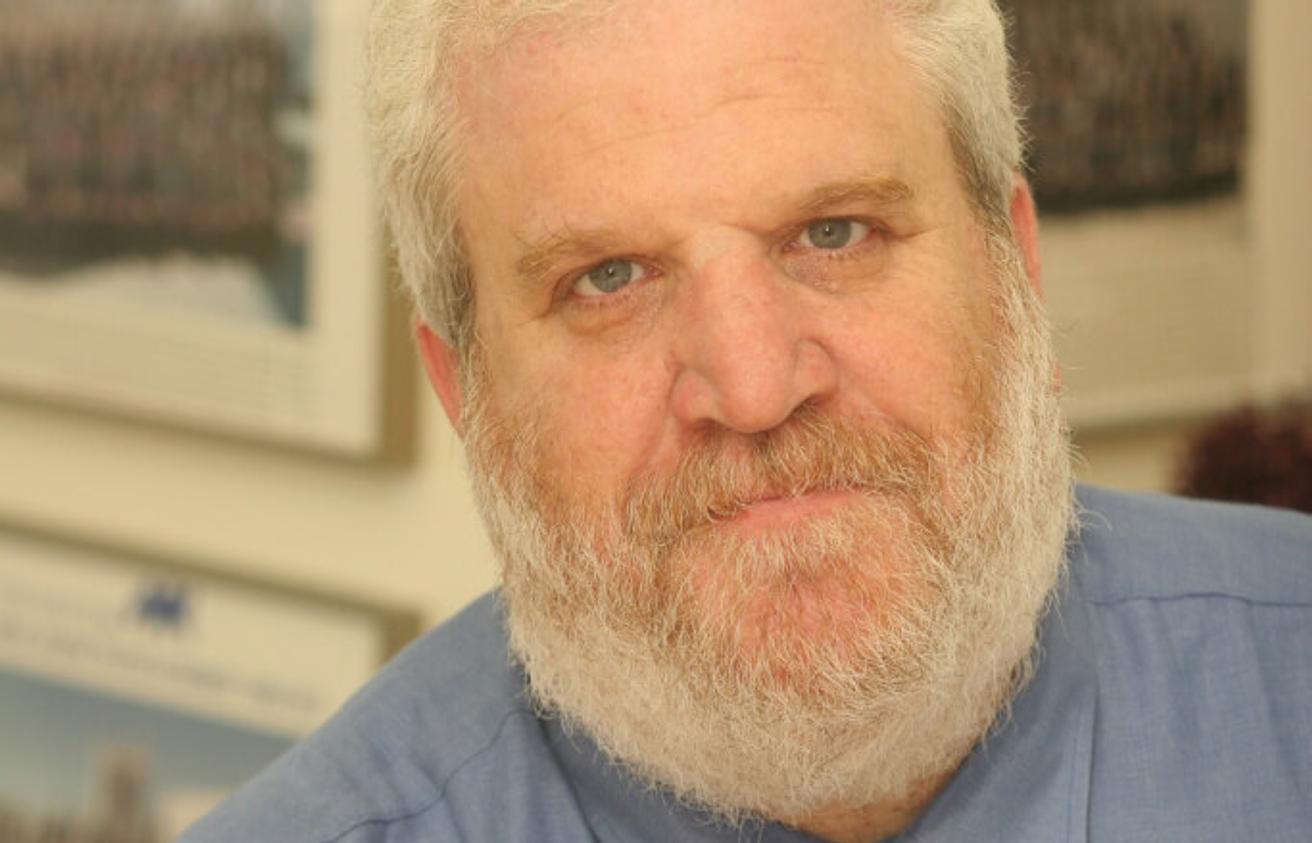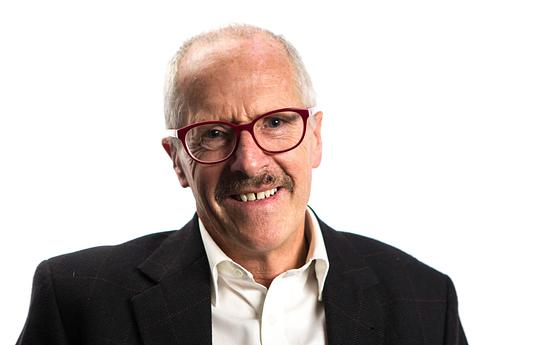Sheizaf Rafaeli
Sheizaf Rafaeli the Founding Director of the Centre For Internet Research in Israel. In addition to this he serves as director in a series of public organizations and is a member of numerous editorial boards.
Sheizaf is the co-PI of the Academic Management for ICORE LINKS Centre of Excellence for the research on Learning in the Age of Information.
Skills
What are the skills that students should be learning in school?
I'd rather start with the skills that schools should have but don’t. We know that students need skills, and we can define what those skills might be, which would probably be a list that is dynamically changing over time. But we need to think about the skills that schools have.
First and foremost is to shift from thinking about a one way flow of training. That is, stop thinking about schools as places where things are given to students and start thinking about them as actors in the process of doing something different. Schools need to acknowledge that facts are now a lot more accessible, even without the mediation of schools, that facts are multiplying at a faster rate than learning can ever occur, and that a lot of learning takes place outside of established and institutionalised contexts.
Schools should be a meeting place for conversation and communication. They need to encourage interaction, they need to focus much more on curiosity and they need to be at the forefront of change and innovation, which are only going to accelerate. So the first part of my answer to this question is: the new skills are going to be in the schools and the teaching profession, rather than in students.
Of course students will need to know more programming than we currently teach now. Students will need to be much more in tune to global events, and that means a higher demand of linguistic abilities and languages, especially in non-English speaking countries. Students are going to need to have much more facility with the latest technologies, which change by month. These are things that are going to need to happen.
The labour market will state its demands for new skills, the curiosity and internal drive of students will set new goals for skills, but I don't think we need to focus on that as much as on the reform that we need to put the institutions through - the reforms of the skills that the institutions have. So libraries are going to have to completely change, classrooms are going to completely revamp architecturally, and we're going to need to flip the class process in terms of the schedule. These things are already changing, and they are going to change more radically in the very short term. I'm not even sure this is a 100 year project, this is more likely a 100 week project.
Teachers
What should the role of the teacher be?
I think the teacher still has a lot of responsibilities in explaining and in being in personal touch with their students, but I think the teacher is going to be a lot less of a lecturer.
In different languages the word 'teacher' is actually based on verbs related to talking or lecturing, such as 'Professor,' which is someone who professes. Typically teachers are not the best professors in the sense of talking, statistically speaking half of them are worse than average.
We should get the best people in lecturing to lecture, and we should focus teachers' jobs on the more important parts of teaching such as being in touch, mentoring, following, measuring, providing feedback, and doing all of the things that you cannot do if you're on stage putting on a show. This means reviewing the process of training teachers, it means architectural changes to the school, it means schedule changes and time planning, but mostly it means rearranging our view of what education is.
I started teaching almost forty years ago, and when I started I was expected to know the answers. Every month that goes by I'm expected to know less because Google knows more than me and is accessible. There are things that I am expected to do, such as to follow, to stay in touch, to motivate and to set an example.
Assessment
How should testing change?
I'm not an expert on testing but I have done some research and published some work on it. I think that we need to test, which is a gut feeling rather than anything rooted in any particular expertise.
I think we need testing for all of the reasons tests were invented. We need them to provide feedback to students, we need them to provide feedback to the teachers and to curriculum designers, we need them to provide assistance in selection and placement. We need tests as a form of motivation to learn in general. So I do not support some of the statements that are made that we should do less testing.
I think we should pay attention to the characteristics of tests. They need to be much more valid psychometrically and they need to be much more participatory. Right now the system is very archaic - most tests on most courses are not really validated. There is too little collaboration among teachers on creating corpora of test items, but there is a little opportunity already available through technology to make testing more open and transparent to all of the stakeholders.
Testing is going to continue to be unpopular - it is not something that students like and can play down, but we need it if we are going to be serious about personalised learning, and I am serious about personalised learning. The only way you can personalise learning is by having some measures for personalised dimensions - preferences, aptitudes, corrections.
Environments
What is the most exciting and productive learning environment?
Well, it's not going to be what we have today. What we have today is all too often a replica of what we had a millennia ago. I'm not the first to say that if someone fell asleep 1000 years ago and woke up this morning they would recognise almost nothing - they would not recognise the airplane because it did not exist, nor would they recognise the car or the factory. They wouldn't recognise the hospital, they would not recognise the military, they would not recognise democracy, they almost wouldn't recognise anything, with one exception - the classroom.
The classroom looks almost exactly the way it did 1000 years ago, and that's about to change. The format of students seated for many hours in a 'sage on the stage' set up will have to disappear. We will have to have much more dynamic, much more modular, arrangements. We're going to have to deal with learning analytics, with technology that allows teachers, parents and the students themselves to have measures of where they are, where they've been, where they're going, what their pace is, what their achievements are - all of which are not possible in the current architecture we educate within.
Our current architecture is very efficient for past needs of education to be an efficient babysitter, but not as a learning context. The idea of the amphitheatre, of seated large groups, with a single lecturer - we have to let that go. We have to build systems where the participants are active, talk, decide, choose, click and surf, and so forth. We should rethink the role of the book because it is morphing in front of our eyes. We have to take into account the orthopaedic disaster that is the school chair and desk, which are just inexcusable for medical, cognitive and social reasons.
In education we probably don't use our senses in correct mix at the moment - we should be using conscience, balance, smell and taste just as much as our eyes and ears. Certainly if the horizon you're talking about is 100 years, we will be doing that. We know that a wide range of senses are important for learning but we're only just beginning to explore that.
The most important thing is allowing students, teachers, parents and other stakeholders to be a lot more active and a lot less passive. It's going to be action - action in the form of talking to each other, peer learning, responding to the teacher, interacting with your classmates and actually doing things. There is a passive component to learning, such as lectures and listening, but those are the last things that need to be done at school. They can be done at home, they can be done in bed, while driving, while doing exercise, while doing the dishes or folding the laundry. The school that is currently built to create spheres or theatres for listening is going to have to move into the other responsibilities.
Personal memory
What was your favorite moment from your own formal education?
To begin with, I wouldn’t speak of it in the past tense - my formal education is not over yet.
In fact, one of my worst moments is of graduating, receiving my PHD and moving from being a student to a professor. Conversely, the minute before I graduated was one of the better moments. Being a graduate student was just wonderful.
The next 100 years
The next 100 years of Finnish education should… encourage, motivate and invite students to express themselves more rather than less.
If I were to lay down a compass for improvement for all education systems, not just Finland, it would be pointing in three directions:
One - have a lot more play in learning, and computerized play as a medium.
Two - have a lot more sharing. The potential to harness what a crowd knows is the single biggest unexplored front that education can make strides with.
Three - is conversation, or talking. Educational systems have, for a millennia, been all too often systems where conversation, talk, chatter and speech are stamped out. The iconic sign in the library that says, ‘please keep quiet.’ The most frequently mentioned word in the classroom, according to our research, is ‘quiet.’ We should change that. We should put up public signs that say ‘Talk, please. Write, please. Express yourself, please.’




